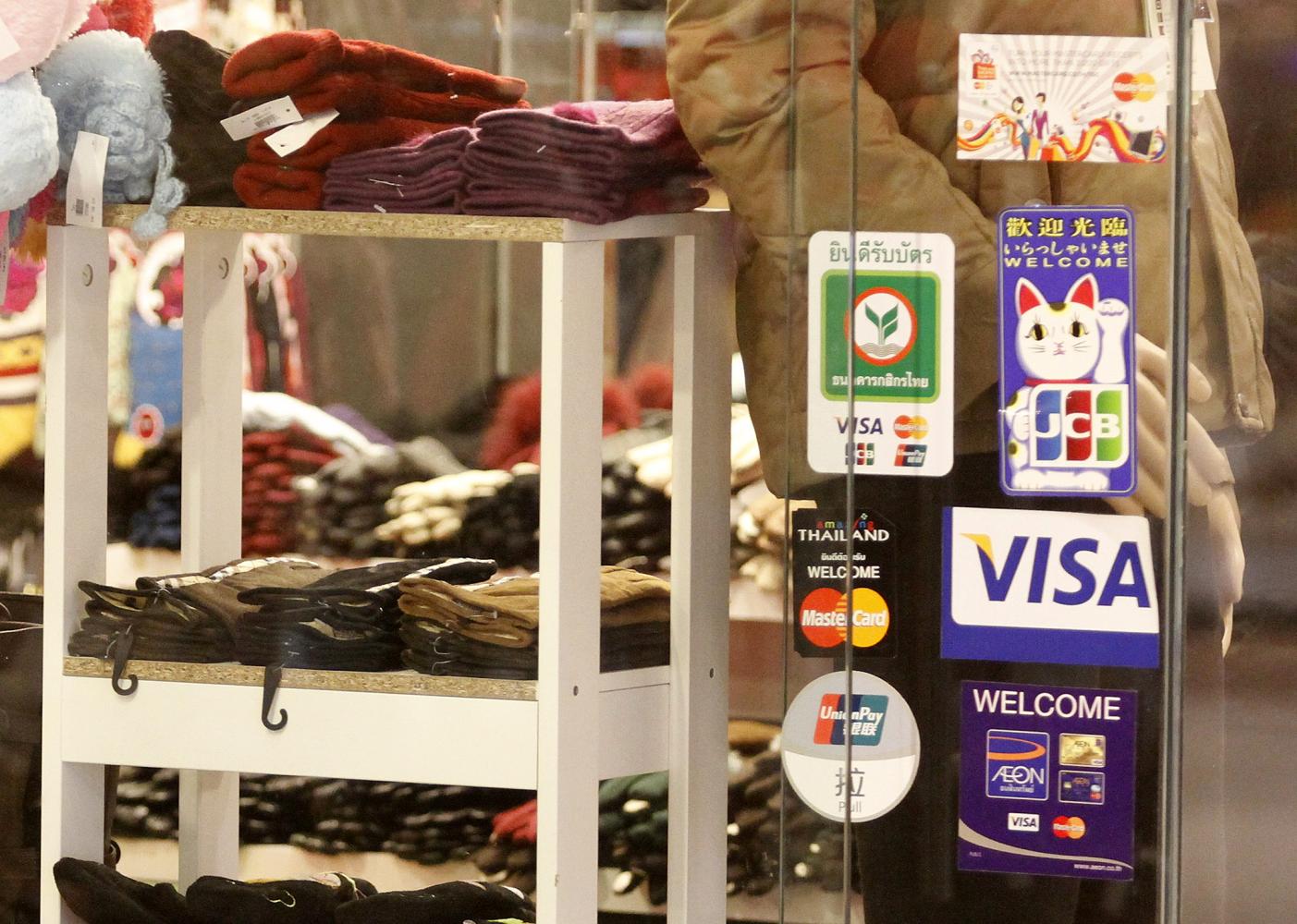
Two-thirds of Thai consumers are not satisfied with generic credit offers from their banks, according to a survey by the US-based data analytics company Fico.
Similar responses across the Asia-Pacific region demonstrate the growing indifference to standardised financing solutions, said Fico, which pioneered credit scoring more than 60 years ago.
There was broad discontent among consumers in Asia Pacific with the experience of taking up new products, the survey revealed. Thirty-four percent of respondents in the 10 markets surveyed said they were not offered any attractive incentives (better interest rates, gifts), 31% said the bank failed to offer them a superior product to the one they applied for, while 28% said the bank failed to offer any additional products to their liking.
In contrast, when banks get personalised offers right there is an overwhelmingly positive reaction. Eighty-four percent of Thai consumers reported a positive reaction to offers that took into consideration their individual circumstances.
"Capturing greater customer share of wallet will require reimagining the entire digital lending process, particularly within the context of personalisation," said Aashish Sharma, senior director of decision management solutions in Asia Pacific with Fico.
"Surveyed respondents remain unimpressed with banks that appear not to know them or be able to anticipate what they might need. Social media companies have worked out how to put ads in front of viewers that are targeted, and which as a result see great engagement and uptake. Banks need to learn to do the same so that their customers are more open to additional products and services."
Banks can deepen their relationships with customers and build loyalty by offering better interest rates or lower fees in return for more financial information, Fico suggests.
Many banks in Thailand do not have a comprehensive pricing strategy that aligns with the organisation's overall business strategy, yet customers are extremely willing to let banks make them offers that consider their total customer relationship.
The survey showed that 51% of Thais are very willing to offer more financial information in return for preferential pricing, while nearly 37% are somewhat willing to do so.
"Consumers are used to innovative pricing strategies from airlines, ride sharing services and insurance companies, yet banks are lagging behind," said Mr Sharma.
"Clearly there are opportunities for banks to move past single-product pricing and engage in improved cross-selling and increased product penetration.
"Banks may have got away with this so far due to the high inconvenience cost for customers of moving to a competitor. But with increased competition and the regulatory trend of open banking, we see this changing quickly in the next three years."

In addition to personalised offers and pricing innovation, the Fico survey also revealed that there is pressure to make the funds available quickly. The real-time transactional experiences on other platforms have led to an expectation of similar engagement from lenders.
While most Thais surveyed (46%) expected access to loaned funds in a week, 18% wanted access in a day and 32% within the hour.
"This finding continues to fit within the evolving personalisation paradigm where banks need to think about the customer journey from end to end," added Mr Sharma.
Fico offers a platform that helps banks carry out successful digital transformation projects by eliminating silos and providing powerful point solutions.
"Lenders are cognisant that to compete effectively in today's retail financing environment, speed to market and pricing features may be insufficient and the greatest value-add is centred on products that are bespoke and tailor-made to meet the specific needs of the customer," said Mr Sharma.